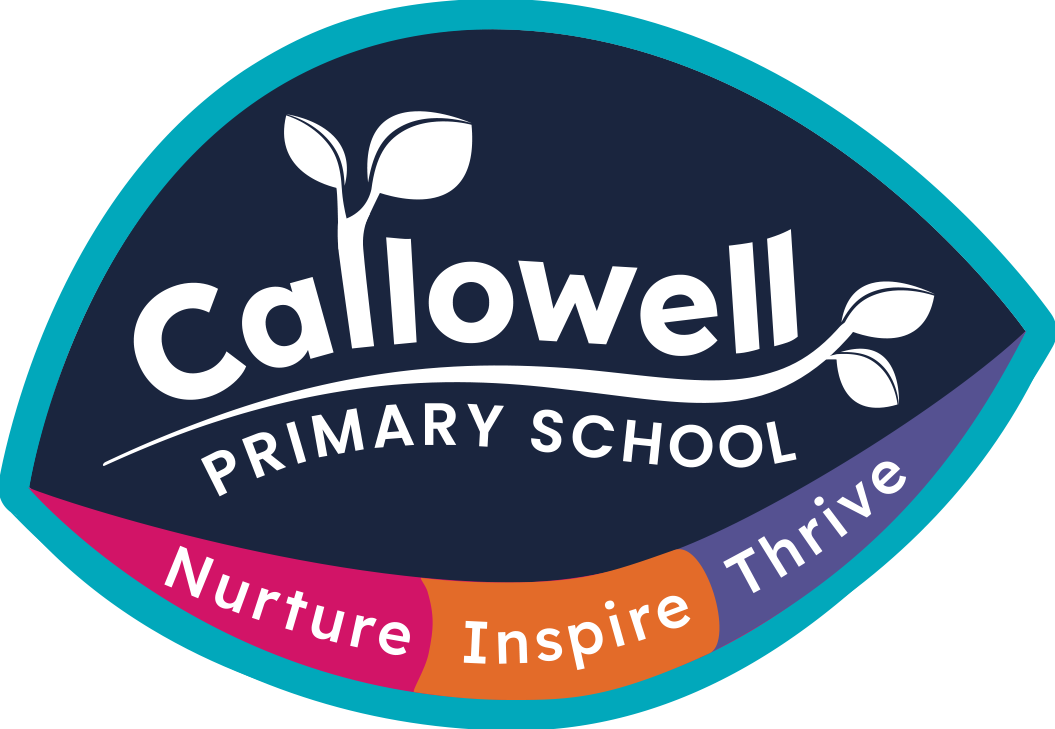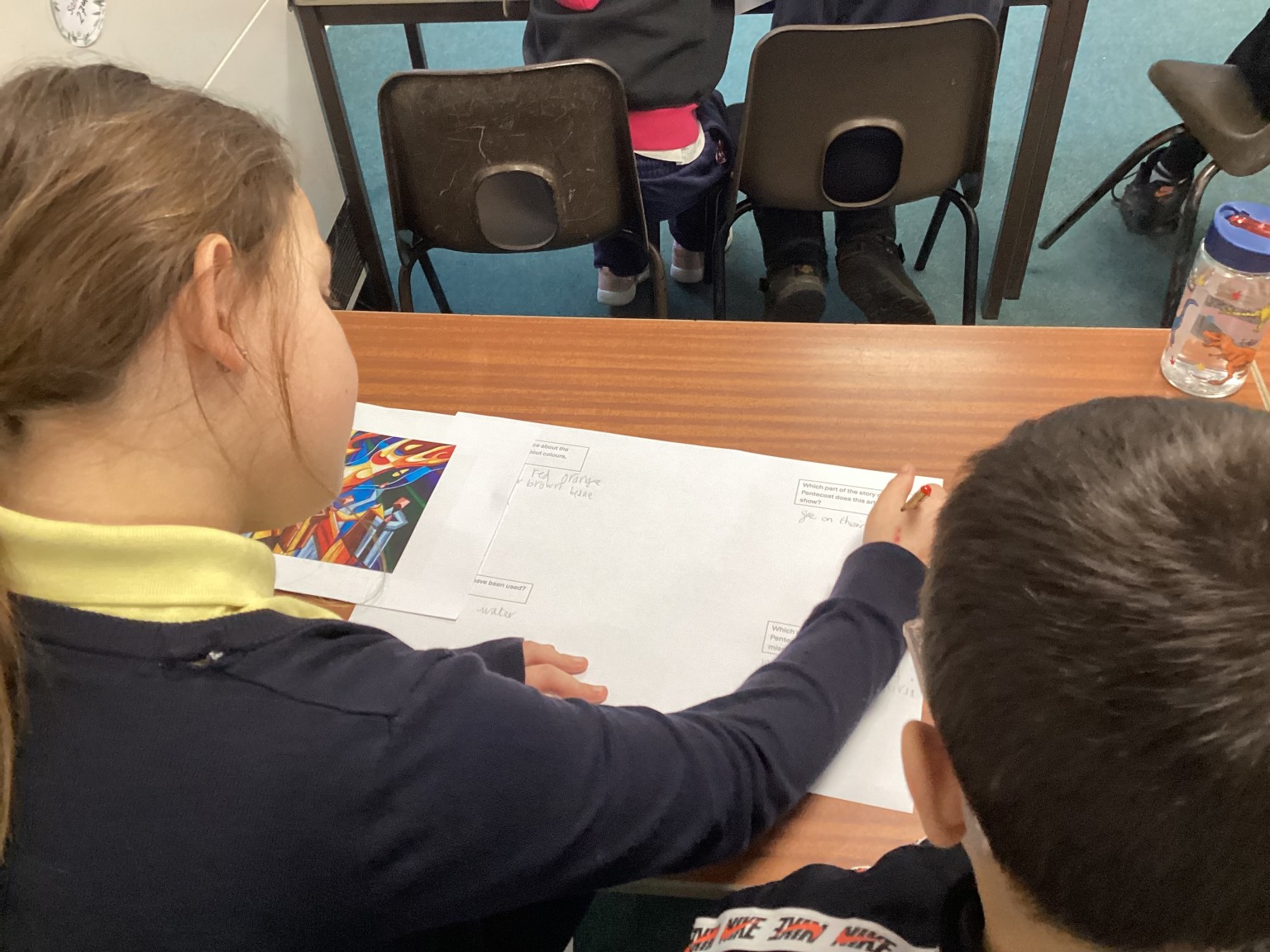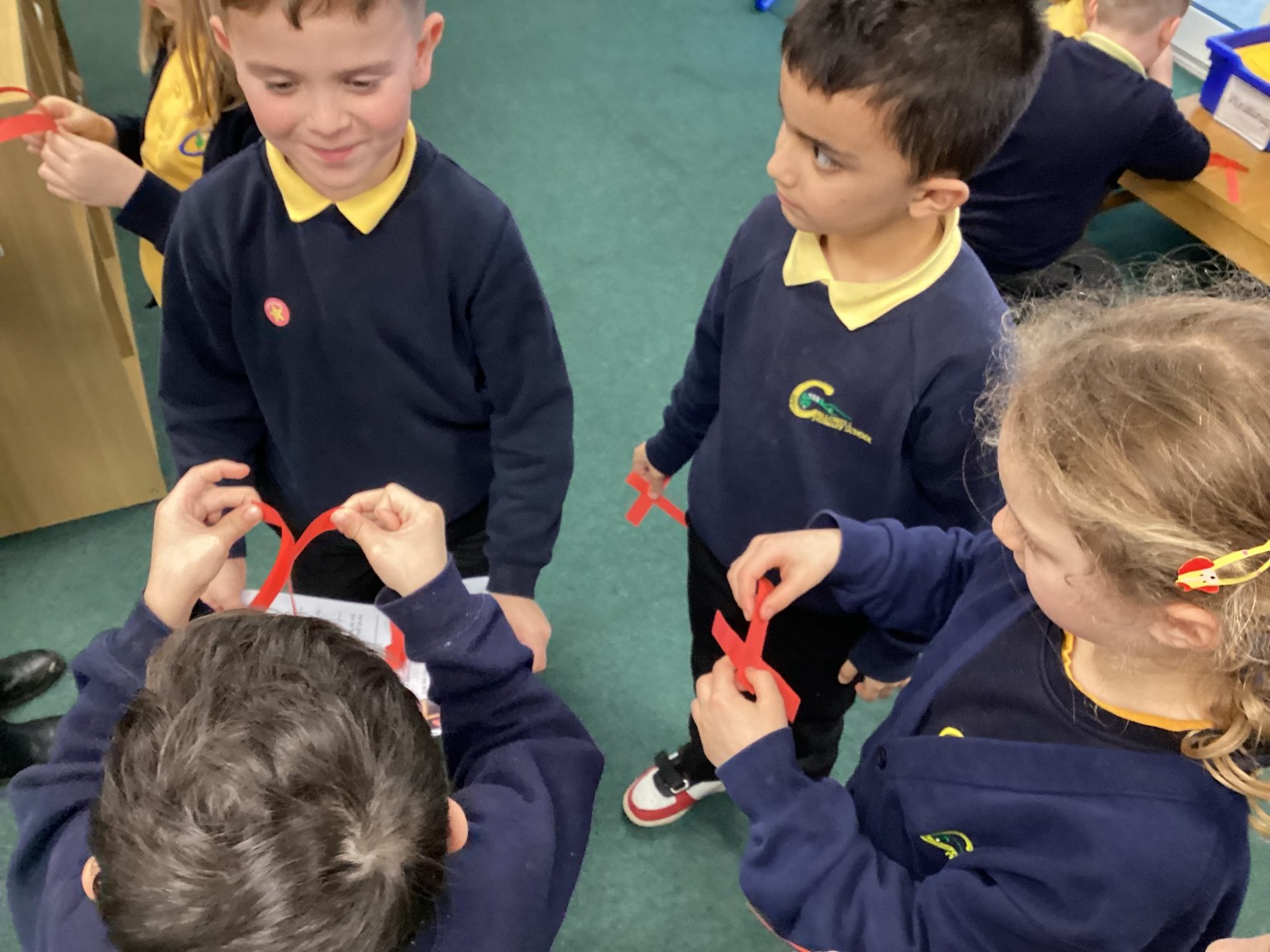Callowell Theologists
Our Aims:
Our R+WV curriculum is designed to ensure all pupils:
- Understand how religious and non-religious worldviews influence people’s lives
- Engage with religious and non-religious worldviews in thoughtful and scholarly ways
- Know themselves, and others, and their personal worldviews better
What does R+WV look like at Callowell?
Our curriculum is designed around our school community, we use this driver to propel the curriculum offer to ensure the Callowell community are at the centre. Our R+WV curriculum is based on the Gloucestershire Agreed Syllabus, which is designed to 'deepen pupils' knowledge of religions and develop 'religious literacy.' We ensure that learning is progressive and inclusive with a focus on teaching high-quality vocabulary to improve subject specific oracy.
As of September 2025, we are implementing the Gloucestershire Locally Agreed Syllabus 2025-2030. This curriculum focuses heavily on a worldviews approach. Children learn that everyone has a worldview that is personal to them and this can be influenced by factors such as religion, location and community. Children are also encouraged to engage with a variety of evidence such as art, texts, interviews and pictures to explore different religious and worldviews.
In the Early Years Foundation Stage, children engage with R+WV through the Early Learning Goal 'Understanding the World,' supported by the Gloucestershire Agreed Syllabus. Within this Early Learning Goal, children learn about different religious and cultural communities in our country.
In Key Stage One and Key Stage Two, children study one religion at a time, before building on learning by comparing religions, beliefs and practices studied. Children also explore the similarities and differences between the practices of specific religions and whether all followers of this religion believe or do these things. The curriculum is underpinned by three strands which are woven into every unit of work: content, engagement and position.
At Callowell, to ensure children are provided with a broad cultural development we provide them with opportunities to extend their learning within and beyond our local community. Learning experiences can include: trips, workshops, assemblies, learning about festivals and expert visitors.
How do we assess R+WV?
Our R+WV curriculum is designed progressively to ensure that children build on previous knowledge and skills learnt and form connections between the religions studied, as well as having opportunities to express their own ideas in response to the material they are engaging with. We use regular retrieval practice sessions within class to further support this.
By the end of each key stage, children are expected to know, apply and understand the concepts, skills and processes studied within the Early Years Foundation Stage Framework and Gloucestershire Agreed Syllabus. Class teachers use formative assessment in all lessons to identify children's understanding of the R+WV unit questions and key knowledge taught, alongside Evidence Me and Insight. This allows us to track the attainment and progress of children throughout their school journey.
NB: Please note that the Religion and Worldviews Progression document will be updated to reflect the new Agreed Syllabus as soon as the documents become available.
NB: Right to withdraw your child from RE sessions: Parents can withdraw their child from: All RE lessons, or Specific parts of RE, such as visits to places of worship. No reason needs to be given for the withdrawal, although schools will invite parents to discuss the decision. If you would like to withdraw your child from RE sessions please write to headteacher clearly explaining you rreasons.



